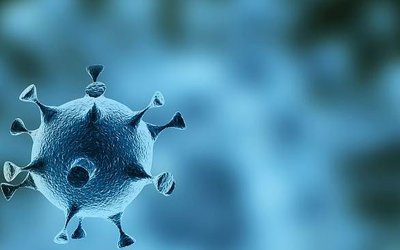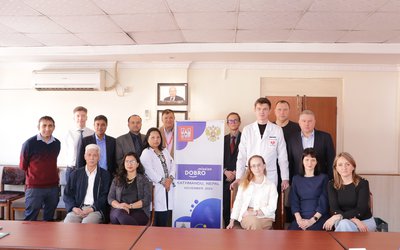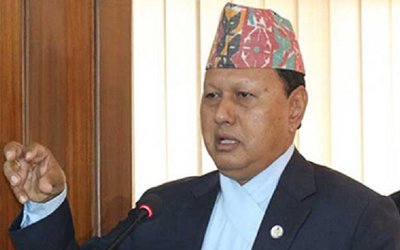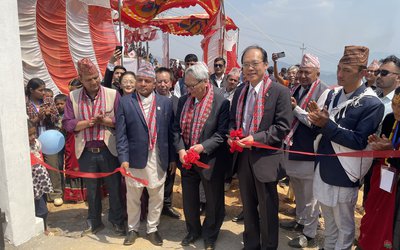Derived from Latin, the word “placebo” means “ I will please”. Hired mourners in medieval times chanted psalms which clearly sounded insincere;so the mourners were called placebos, as they were there just to please. In Western medicine the power of the placebo is now being reevaluated. One of the reasons for this is the burgeoning field of neuroimaging, the science that reveals the structural and chemical brain changes.
If for a neurological illness like seizures or Parkinson’s disease the drug and the placebo pill ( which the patient is told will work effectively) is given and the radiological images show beneficial changes with either placebo or the drug, it is hard to refute the efficacy of the placebo. Studies like this have emphasized the placebo effect. If the results are similar, why not explore the potential benefits of the placebo because it comes without side- effects and is cheaper than the chemical drug?
Indeed, even the bastion of mainstream medicine, the Harvard medical school, created a department some years ago wholly dedicated to examine the placebo effect.
Many in Nepal in complimentary medicine could have told Harvard that they have been exploiting the placebo effect for centuries. Conventional medicine has a two- pronged approach based on drugs or surgery. But the human being, either in illness or good health is a complicated personality and clearly requires other modes of approach even so that the treatment with drugs and surgery will be enhanced. There is no question that the practitioners of complimentary medicine spend more time to win over the heart and mind of the patient so that this approach in and of itself will have a soothing, therapeutic effect.
Recently in a major asthma drug study, patients in the placebo arm of the study did not show any improvement in the objective chemical markers, but they said they felt much better. Based on this study which was published in The New England Journal of Medicine, some reviewers said that objective markers need not be the only criterion to consider. Even to consider such a notion is heresy in established medical circles because we are so tuned in to just chemical or objective markers.
Of course this certainly does not mean that if someone is having a heart attack they should try to find a placebo pill; that would be counterproductive. They need to go to the nearby hospital emergency room. But there are many other non- emergent conditions in medicine where the placebo effect can work wonders. Stay tuned.
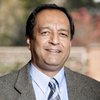
Buddha Basnyat MD
Buddha Basnyat, MD, MSc, FACP, FRCP, Director of the Oxford University Clinical Research Unit-Patan Academy of Health Sciences, Kathmandu.
- Altitude Sickness
- Feb 20, 2018
- Post-earthquake Nepal: The Way Forward
- Dec 13, 2015
- The Annapurna Sanctuary
- Nov 29, 2015
- Diarrhea at the Summit
- Nov 08, 2015
- Altitude Sickness ( AMS, HAPE, HACE)
- Oct 15, 2015

